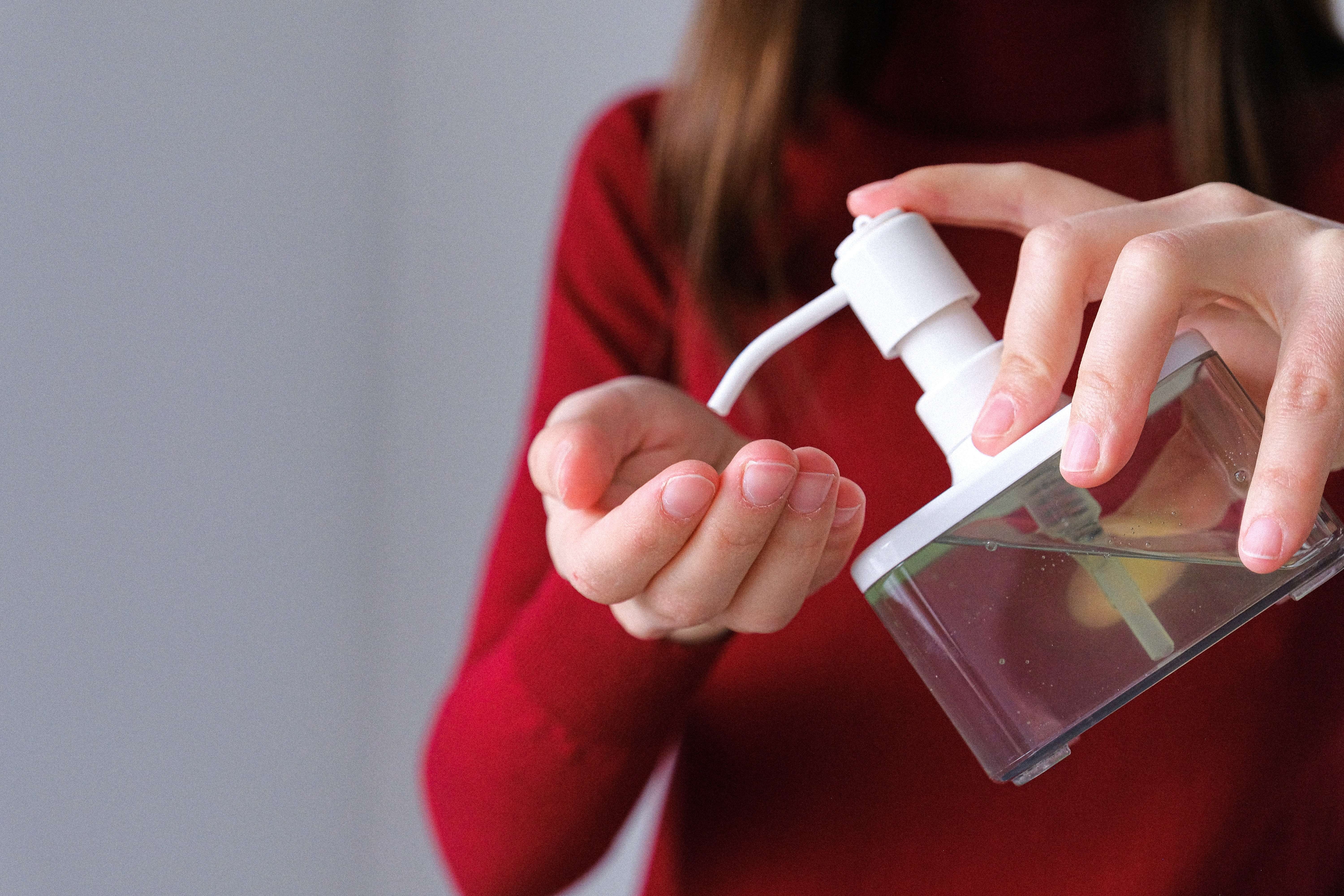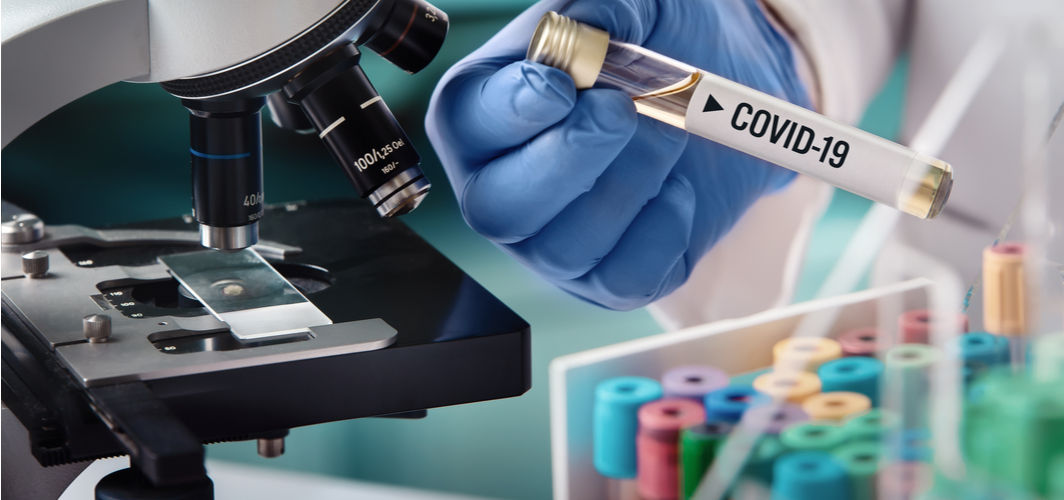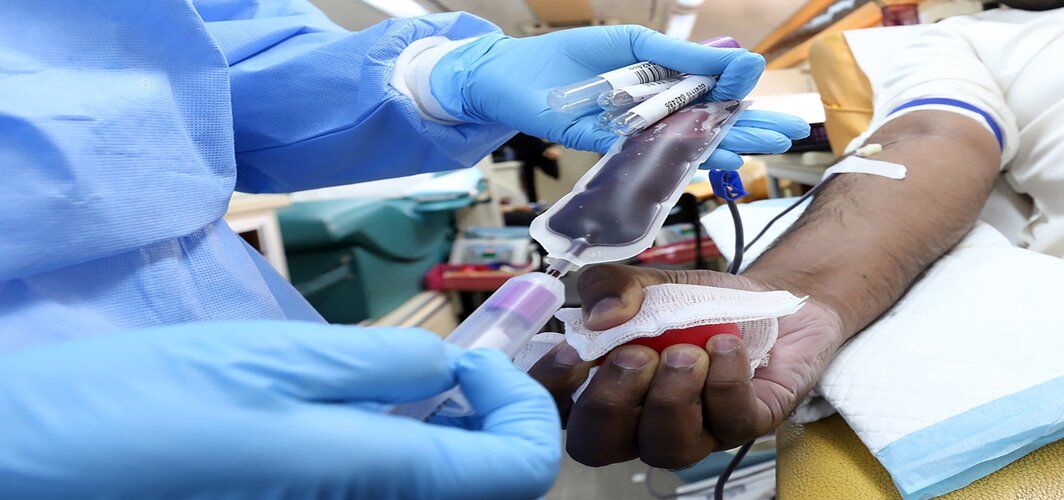Coronavirus Updates
Why We Should Not Make a Sanitizer at Home
4 min read
By Apollo 24/7, Published on - 28 May 2020, Updated on - 18 October 2022
Share this article
1
0 like

The world is fighting an outbreak of Coronavirus disease, or COVID-19, that was first detected in Wuhan city, China in 2019. This Coronavirus can spread rapidly through droplets discharged by an infected person while either coughing or sneezing. Coronavirus can also spread when a healthy person touches certain surfaces, thereby infecting these surfaces. Hence, hand hygiene is an integral part of our response to fight COVID-19. Frequent washing of hands with soap and water for at least 20 seconds is crucial for reducing the spread of Coronavirus.
The Centre for Disease Control and Prevention (CDC) recommends using an alcohol-based hand sanitizer if soap and water are not readily available. This sanitizer must be approved by the Food and Drug Administration (FDA) and contain at least 60 percent alcohol (also referred to as ethanol or ethyl alcohol). Additionally, the CDC also recommends the use of either plain soap or an antibacterial soap as effective solution for removing germs.
When should we clean our hands?
The CDC suggests that we should feel “Germs are everywhere”. They can get onto our hands when we touch any object, thereby causing infection. Hence, cleaning hands with either soap and water or hand sanitizer may help in avoiding both getting infected as well as spreading the infection to others. There are differences between soap and water and hand sanitizer in the way they function to prevent Coronavirus. While both serve the same purpose, the CDC recommends the use of a hand sanitizer only when soap and water are not available.
Soap and water should be used in the following conditions:
- Before, during, and after preparation of food
- Before eating food
- Before and after caring for an infected person
- After coughing, sneezing, or blowing one’s nose
- After using the toilet
- After touching your pet, their feed or waste
- After touching garbage
- After removing masks or gloves
- If your hands are visibly dirty
Hand sanitizer should be used in the following conditions:
- When soap and water are not available; for example, while traveling, grocery shopping, before and after visiting someone in a hospital
How should we use a hand sanitizer?
A Government approved alcohol-based hand sanitizer that contains at least 60 percent alcohol should be used to disinfect hands. Young children should be supervised while using a hand sanitizer to prevent any accidental swallowing.
- Put enough sanitizer on the hands to cover the entire surface of the hand and all fingers
- Rub hands together and in between fingers until they feel dry (this should take around 20 seconds)
- Do not rinse or wipe off the hand sanitizer before it is dry; or else it would not be effective.
Why we should not make a hand sanitizer at home?
The World Health Organization (WHO) has released a formulation of hand sanitizer for local production by pharmaceutical companies. Many organizations have adapted this formulation and given out recipes for making hand sanitizers at home. Due to the potential shortage of hand sanitizers in stores, some people may try to make it at home using these recipes. However, just because these recipes exist, it does not mean that one should use them for making hand sanitizer at home.
The formulation for hand sanitizer as recommended by WHO has been given below:
- Ethanol 96% is the main active ingredient
- Hydrogen peroxide 3% is an emollient used for moisturization of the skin
- Glycerol 98% is to inactivate the bacteria that contaminate the solution
- Sterile distilled water(Boiled and cooled tap water can also be used)
The following are the few reasons why one should not make sanitizer at home:
- The alcohol percentage in sanitizer is checked by pharmaceutical companies by using an alcoholometer; which looks a bit similar to a thermometer. It is hard to check and even maintain the needed alcohol percentage in a home setting. When made incorrectly, a hand sanitizer is ineffective and gives false hope of protection to people
- There have been few reports of skin irritation or burns from a homemade hand sanitizer
- A home is not well-equipped for protection against exposure to hazardous chemicals
- Most recipes available online have added essential oils or few other ingredients which may impact the quality and effectiveness of the sanitizer
- Pharmaceutical companies make hand sanitizers in a sterile environment while our homes are not equipped to have a sterile environment. This can lead to contamination of the sterilizer
- The undiluted alcohol which is the main component of hand sanitizer is highly inflammable and may ignite at temperatures as low as 10oC. Hence, making a sanitizer at home can prove harmful.
Conclusion
Hand sanitizer is a handy way to prevent the spread of Coronavirus when soap and water are not available. Alcohol-based sanitizers with at least 60 % alcohol are to be used. It is not advisable to make hand sanitizer at home due to the non-availability of appropriate tools, clean sterile environment, and exposure to chemicals, which can cause skin irritations or burns.
Coronavirus Updates
Leave Comment
Recommended for you

Coronavirus Updates
Safety and Hygiene Tips to Follow When Using Public Transport After the COVID-19 Lockdown
Take all the necessary precautions given in this article, including wearing masks and practicing social distancing, to protect ourselves when using public transport after lockdown.

Coronavirus Updates
All You Need to Know about COVID-19 Testing Kits in India
Many Coronavirus testing kits are being developed in India and globally to combat the growing number of COVID-19 cases. The data from these tests can offer significant insights needed to stop or slow the progression of the disease.

Coronavirus Updates
Is Convalescent Plasma Therapy a Promising Treatment for COVID-19?
So far, there are no robust pieces of evidence to suggest that convalescent plasma therapy can be used as the definitive and sole treatment for COVID-19.
Subscribe
Sign up for our free Health Library Daily Newsletter
Get doctor-approved health tips, news, and more.
Visual Stories

Covid-19 Updates: Are Things Getting Brighter?
Tap to continue exploring
Recommended for you

Coronavirus Updates
Safety and Hygiene Tips to Follow When Using Public Transport After the COVID-19 Lockdown
Take all the necessary precautions given in this article, including wearing masks and practicing social distancing, to protect ourselves when using public transport after lockdown.

Coronavirus Updates
All You Need to Know about COVID-19 Testing Kits in India
Many Coronavirus testing kits are being developed in India and globally to combat the growing number of COVID-19 cases. The data from these tests can offer significant insights needed to stop or slow the progression of the disease.

Coronavirus Updates
Is Convalescent Plasma Therapy a Promising Treatment for COVID-19?
So far, there are no robust pieces of evidence to suggest that convalescent plasma therapy can be used as the definitive and sole treatment for COVID-19.